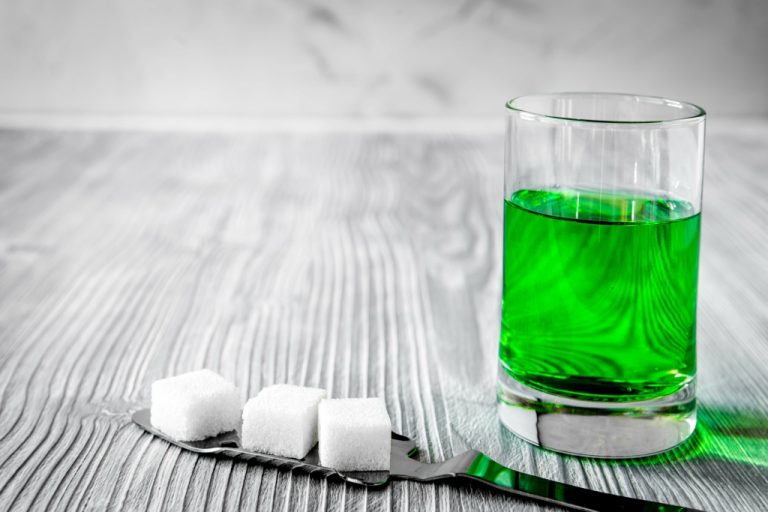If you have stopped using alcohol, haven’t talked to your doctor, and think you might be having DTs symptoms, call 911. People with alcohol use disorder who suddenly stop drinking may also have a spike in an amino acid called glutamate. Glutamate causes some common delirium tremens symptoms, such as a sudden, extreme spike in blood pressure, tremors, severe excitability, and seizures. Delirium tremens, also called DTs or alcohol withdrawal delirium (AWD), is an uncommon, severe type of alcohol withdrawal.
- Satisfying hobbies can distract you from wanting to drink, but they also help you relax — something everyone needs to do.
- If you opt for inpatient treatment, you’ll be monitored for hallucinations or other signs of delirium tremens.
- Delirium tremens can cause your body temperature, breathing, or blood circulation to change quickly.
- These groups include those who have had drinking problems in the past and now offer support to people wishing to overcome their drinking habits.
- People with a history of AUD who want to quit drinking should contact a specialist who can help them and oversee the gradual withdrawal from alcohol.
Her fields of interest include Asian languages and literature, Japanese translation, cooking, natural sciences, sex positivity, and mental health. In particular, she’s committed to helping decrease stigma around mental health issues. At the end of the day, one of the most important tools shaking from alcohol you have at your disposal is self-compassion. Instead of criticizing yourself for having a hard time or slipping up and having a drink, remember that no one’s perfect. What matters most is your ability to maintain an open, curious outlook as you learn what does and doesn’t work for you.
How to Stop Alcohol Withdrawals
Heavy alcohol consumption causes changes in brain chemistry, slowing brain activity and reducing energy levels. To overcome the sedative effect of alcohol, the brain responds by increasing nerve activity to keep the body in a heightened state of alertness. When the intake of alcohol suddenly ceases, the brain continues to deliver increased nerve activity, leading to tremors, anxiety, hyperactivity, and other withdrawal symptoms. Uncontrollable shaking, usually in the hands, is a common sign of alcohol withdrawal.

There are many support options available that can help guide you through alcohol withdrawal, as well as abstaining from alcohol after withdrawal. However, try not to have too many firm expectations, as symptoms can continue for multiple weeks in some people. During the 12- to 24-hour time frame after the last drink, most people will begin to have noticeable symptoms.
Who Experiences Alcohol Withdrawal Symptoms?
Addiction treatment is necessary for individuals who wish to make a sustainable change in their life. Minor detox symptoms may show up in just 2 to 6 hours after your last drink, she says. They will typically peak in 1 to 3 days for a lighter drinker, but may last for a week with heavy drinkers.
- Quitting alcoholism may not be so easy to do without professional help.
- Stress management techniques, like acupuncture, may also help manage withdrawal symptoms.
- This stimulation is believed to help with tremors by disrupting the network activity that causes them.
Hangover shakes can be a warning of more severe alcohol withdrawal symptoms to come. As anyone who has done it before knows, uncontrollable shakes are part of the experience. They are an unsettling reminder of the influence alcohol has on your body. With early intervention and the right support, there’s hope to manage and overcome these tremors.
